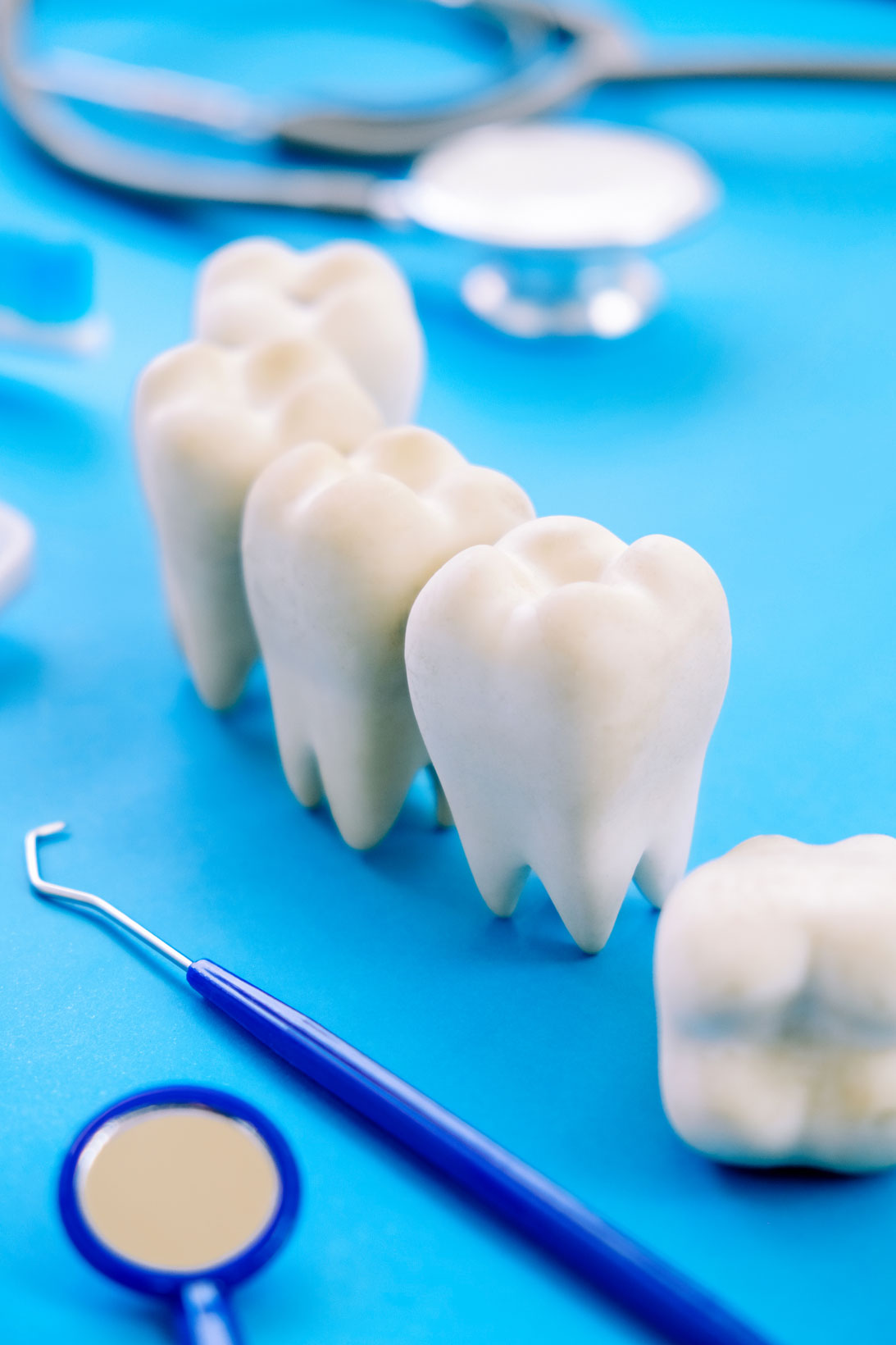It is a rite of passage familiar to teens and their parents: the referral to an oral surgeon for wisdom teeth removal. Whether it comes up at a routine checkup or after a complaint about jaw pain, the question is usually the same: Is now the right time to take them out?
Though it is normal for people to get their wisdom teeth in their late teens or early 20s, not everyone has enough space in their mouth for these teeth. When wisdom teeth do not have room to come in, they can cause problems like pain, swelling, and infection.
That is why many dentists recommend removing wisdom teeth before they start causing trouble. But when is the best time to do it? And is it ever too early or too late to have them removed? While most patients have their wisdom teeth out between the ages of 17-25, some may have them out earlier or later for a variety of reasons.
What Are Wisdom Teeth?

Wisdom teeth are also called third molars and are the last to come in. They grow in the very back of the mouth, two on the top and two on the bottom. Most people have four wisdom teeth, but some people have fewer or none at all. Before recommending wisdom tooth extraction, the dentist will take an x-ray to determine how many third molars are there. The x-ray will also show how the teeth are coming in.
Sometimes, wisdom teeth come in normally and cause no problems. But in many cases, they grow in at the wrong angle or get stuck under the gums. This is called impaction. Impacted wisdom teeth can cause a lot of issues, including:
- Pain
- Swelling
- Jaw stiffness
- Damage to nearby teeth
- Cavities
- Gum infections
Because of these potential problems, dentists often suggest removing wisdom teeth before they get worse.
How Do You Know When to Have Wisdom Teeth Removed?
Dentists usually recommend removing wisdom teeth sometime between the ages of 17 and 25. There are a few good reasons for this. First, at this age the roots of the teeth are not fully formed yet. When the roots are shorter, it is easier to take the teeth out. At a younger age, the bone in the jaw is also softer and less dense, so the surgery is less difficult.
Finally, healing is faster. Younger people tend to bounce back more quickly after surgery.
Even if wisdom teeth are not causing pain yet, many dentists like to remove them early as a preventative step. That way, the patient does not have to deal with problems later.
Is It Ever Too Early to Remove Wisdom Teeth?
Most of the time, dentists wait until the teeth are starting to form in the jaw before thinking about removal. This usually starts around age 15. However, some patients develop wisdom teeth sooner. If these molars are already developing and causing problems, an earlier removal may be the best choice.
The dentist may say it’s a good idea to remove the wisdom teeth sooner rather than later if a younger patient is having:
- Jaw pain in the back of the mouth
- Swollen gums around the wisdom teeth
- Trouble opening their mouth
- Crowding of other teeth
As with most dental procedures, each patient is different. The best age for wisdom teeth removal depends on how the teeth are growing, how much space there is in the mouth, and whether the person is having symptoms.
What Happens If You Wait Too Long?
Some patients do not get their wisdom teeth removed in their teens or early 20s. Sometimes, wisdom teeth don’t cause problems until later in life.
Potential problems include:
- Infection: Food and bacteria can get trapped around a wisdom tooth that is only partly out of the gum
- Decay: It can be hard to clean wisdom teeth properly, so they are more likely to get cavities
- Crowding: Wisdom teeth can push against other teeth and cause them to shift
- Abscess: Infections can form along the jaw if wisdom teeth are impacted
The good news is that wisdom teeth can still be removed when someone is in their 30s, 40s, or even older There is no age that is “too late,” but there are can be some drawbacks to waiting:
- The roots are longer and more curved, which can make surgery more complicated
- The jawbone is harder, so removing the teeth takes more time and effort
- Healing takes longer, and there’s a higher chance of side effects like swelling, pain, or infection
Older adults might also have other health problems that make surgery riskier. That is why dentists usually recommend taking care of wisdom teeth earlier, when recovery is easier.
What If Wisdom Teeth Do Not Cause Any Problems?
It is true that some people never have any trouble with their wisdom teeth. If the teeth come in straight, there is enough room in the mouth, and they can be cleaned easily, the dentist may decide to leave them alone.
But regular checkups are still important. Just because wisdom teeth aren’t causing problems now doesn’t mean they won’t in the future.
Dentists will keep an eye on them through x-rays and exams. If anything changes, they can make a plan to remove them at the right time.
If you or your child is between the ages of 13 and 25, talk to your dentist about wisdom teeth. X-rays can show whether the teeth are coming in the right way, or if they need to be taken out.



